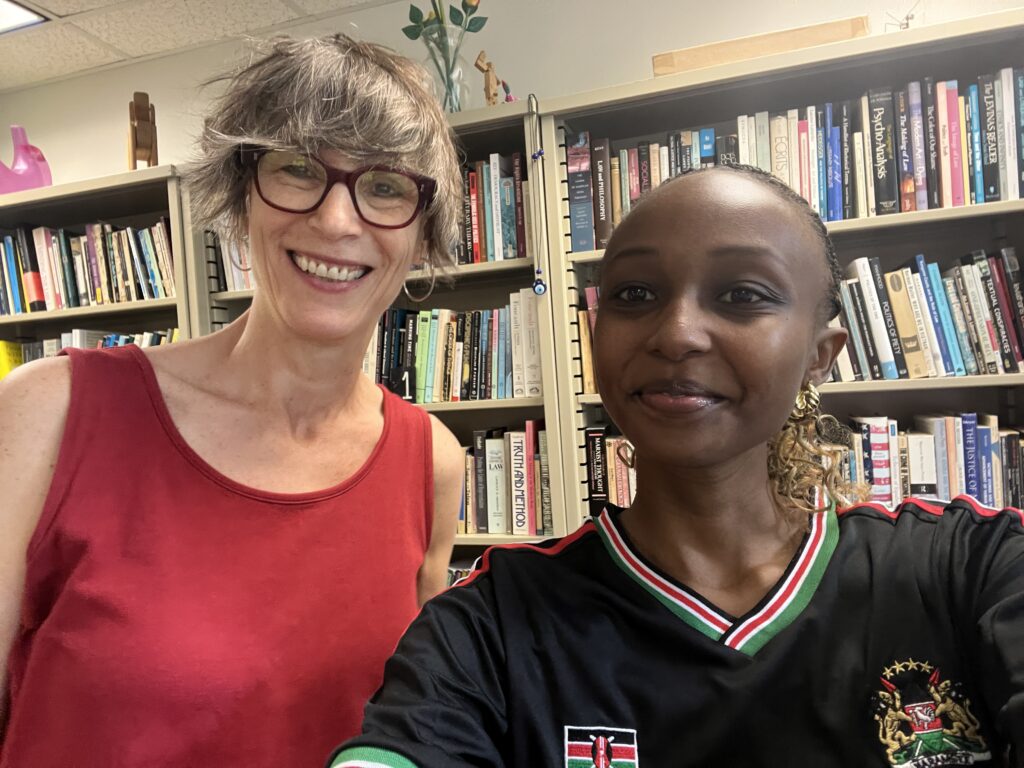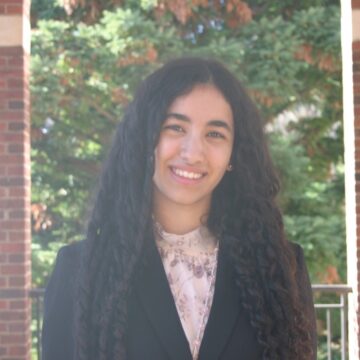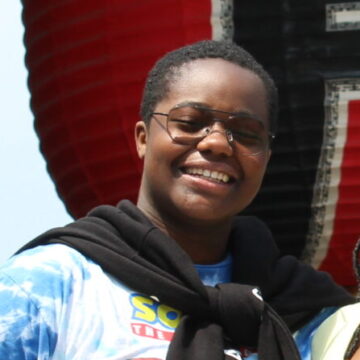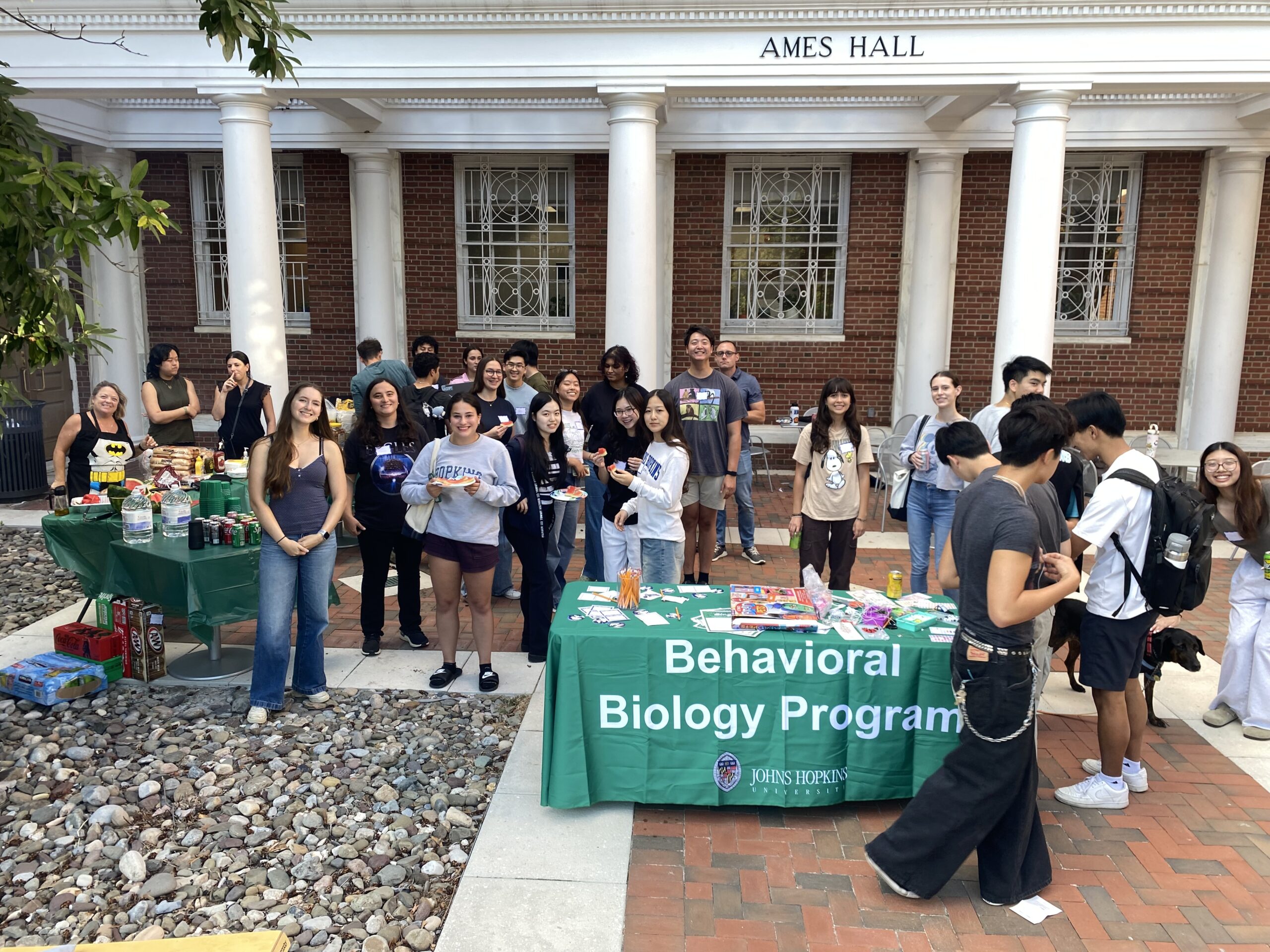
Dr. Jennifer Culbert is an associate professor in the Department of Political Science. I took her course, Philosophy of Law, as a third-year student last spring. In the course, we explored the nature of law, examining how the American legal system developed from both historical and philosophical perspectives. It was one of my favorite classes, and I had a great conversation with Dr. Culbert about the course and her experience at Hopkins.
This interview has been edited for brevity and clarity.
What brought you to Hopkins?
Political theory at Hopkins is famous for its openness to traditions of continental philosophy and critical thinking. Having a non-traditional background in political science, with a master’s in international relations and a PhD in rhetoric, it was a great alignment. I gave a presentation and met with students and members of the faculty and was very excited when I was invited to join the department as a tenure-track assistant professor in fall 2001.
How has the department changed during your time?
Overall, the department has grown in both student and faculty size. With that growth, we are seeing a wider range of academic backgrounds and interests within political science. Historically, our department has been interested in “big questions” that explore the origins and driving forces behind major political issues. The department has also committed to a focus on race, particularly in relation to immigration, national security, and the history surrounding the city of Baltimore. The classes are small, which I appreciate, as it allows for meaningful engagement with the students.
What are some unique features of the Department of Political Science at Hopkins?
We have a unique focus on conversations across the major subfields in political science (American politics, comparative politics, international relations, and political theory) on themes in race and politics, political economy, environmental politics, and political development. Political development looks at how institutions came to be and what forces affect them, which is very important to understand political science. There is also a major comparative lens that is interested in looking at American politics and political history not in isolation, but also in relation to other countries in the world. Some examples of this unique interdisciplinary environment are the department’s collaborations with the Arrighi Center for Global Studies, Chloe Center for the Critical Study of Racism, Immigration, and Colonialism, the SNF Agora Institute, and the Center for Economy and Society, as well as the Program for the Study of Women, Gender, and Sexuality, and the Seminar on Political and Moral Thought. Within the department, there is true camaraderie among the group, with mutual respect and openness to looking at diverse sources to inform political thinking.
Have you always taught Philosophy of Law? Have you taught any other courses?
I haven’t always taught it, but I love the students and the course, so I will begin teaching it more regularly. I have always taught the course Law, Morality, and the State, but the first course I taught was a class on capital punishment, though I haven’t taught it in a while. I wrote about the death penalty in my PhD because I was highly intrigued by the nature of the death penalty and the idea of profoundly excluding someone from the community in the most permanent way. How do we justify it, and what is it we think we’re doing? What are the institutions that have developed to realize these kinds of decisions?
Recently, I have begun working with faculty in Comparative Thought and Literature, Political Science, International Studies, and History to support students who are interested in the study of law.
What does the typical Hopkins student look like?
My interactions with incoming students are limited to the First-Year Seminar course I teach. I enjoy teaching them because it is a great way to meet students studying other fields such as neuroscience, environmental engineering, and more. Outside of doing well in high school, Hopkins students come from all over the world and have diverse backgrounds, and they share a common thread of being smart, prepared, and ambitious.
What would you say to prospective students interested in studying political science at Hopkins?
This is a great place to study political science. Hopkins professors are truly committed to our students and are doing award-winning work across various fields. Baltimore is also a wonderful location. It is a historical port city on the Eastern seaboard. It is relatively small but diverse, particularly with regard to socioeconomic background. All these factors make Baltimore a uniquely interesting place to study politics. Students have interned at City Hall and the courts, which are only 10 minutes away. In addition, the students here are excellent, so you will always be challenged and inspired by your classmates. I’m deeply impressed with the diversity of the student body in terms of the places they come from and the life experiences they bring.





